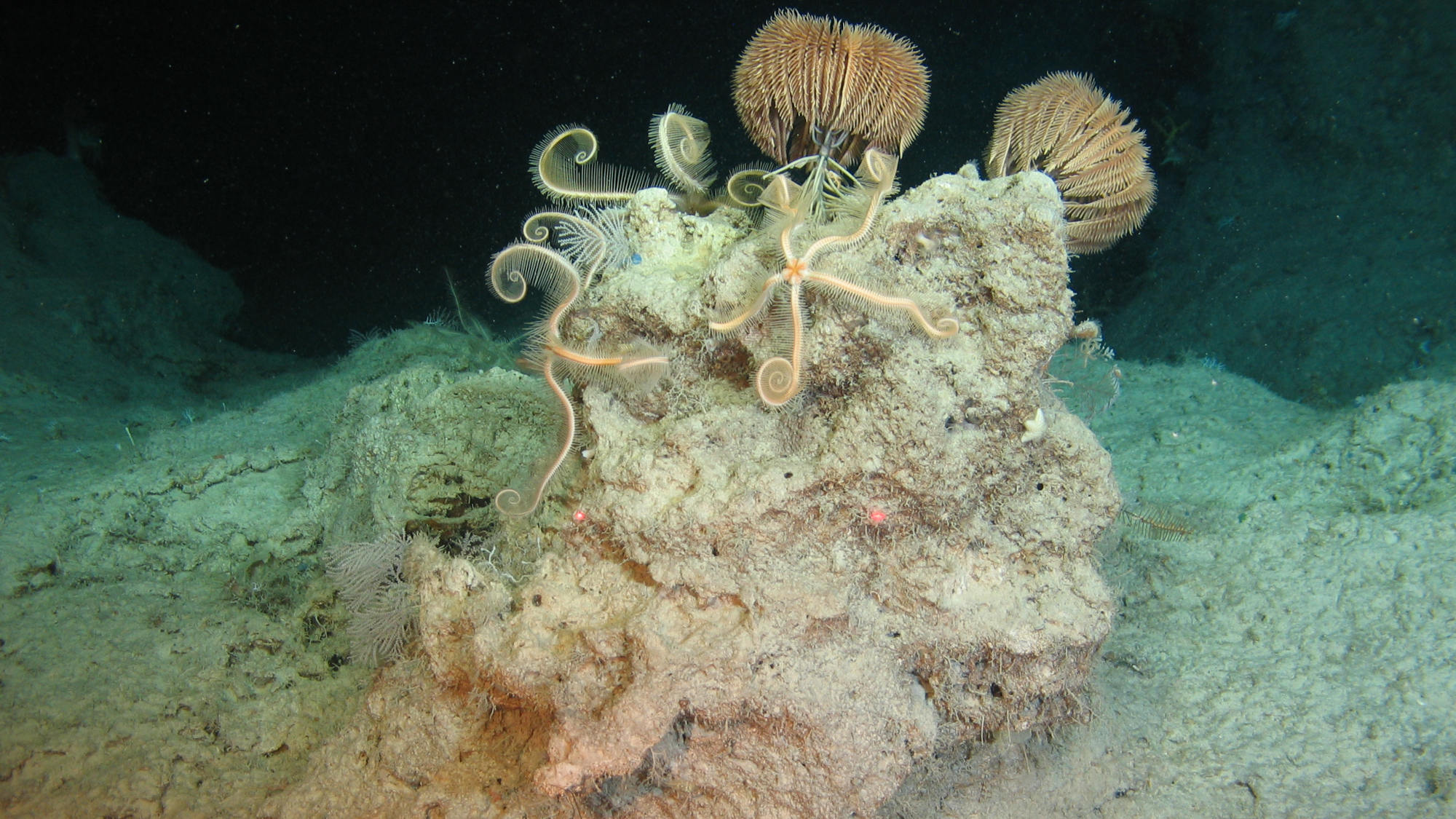
© MARUM - Zentrum für Marine Umweltwissenschaften der Universität Bremen
World Oceans Day: What Researchers at the Universities of Bremen and Oldenburg Want
To mark World Oceans Day on June 8, up2date. asked researchers about their research objectives.
June 8 is World Oceans Day. It was initiated by the United Nations in 2009 with the goal of increasing worldwide attention for current challenges related to the oceans. At the University of Bremen, scientists from several fields have long been researching the sea and the effects of global warming on marine ecosystems. MARUM’s “The Ocean Floor – Earth’s Uncharted Interface” Cluster of Excellence is submitting a follow-up application, this time as a joint application with the University of Oldenburg, who has previously been a partner in the Excellence Cluster. To mark World Oceans Day, up2date. asked researchers from both universities about their research objectives.
Dr. Florence Schubotz, organic geochemist at MARUM – Center for Marine Environmental Sciences, University of Bremen
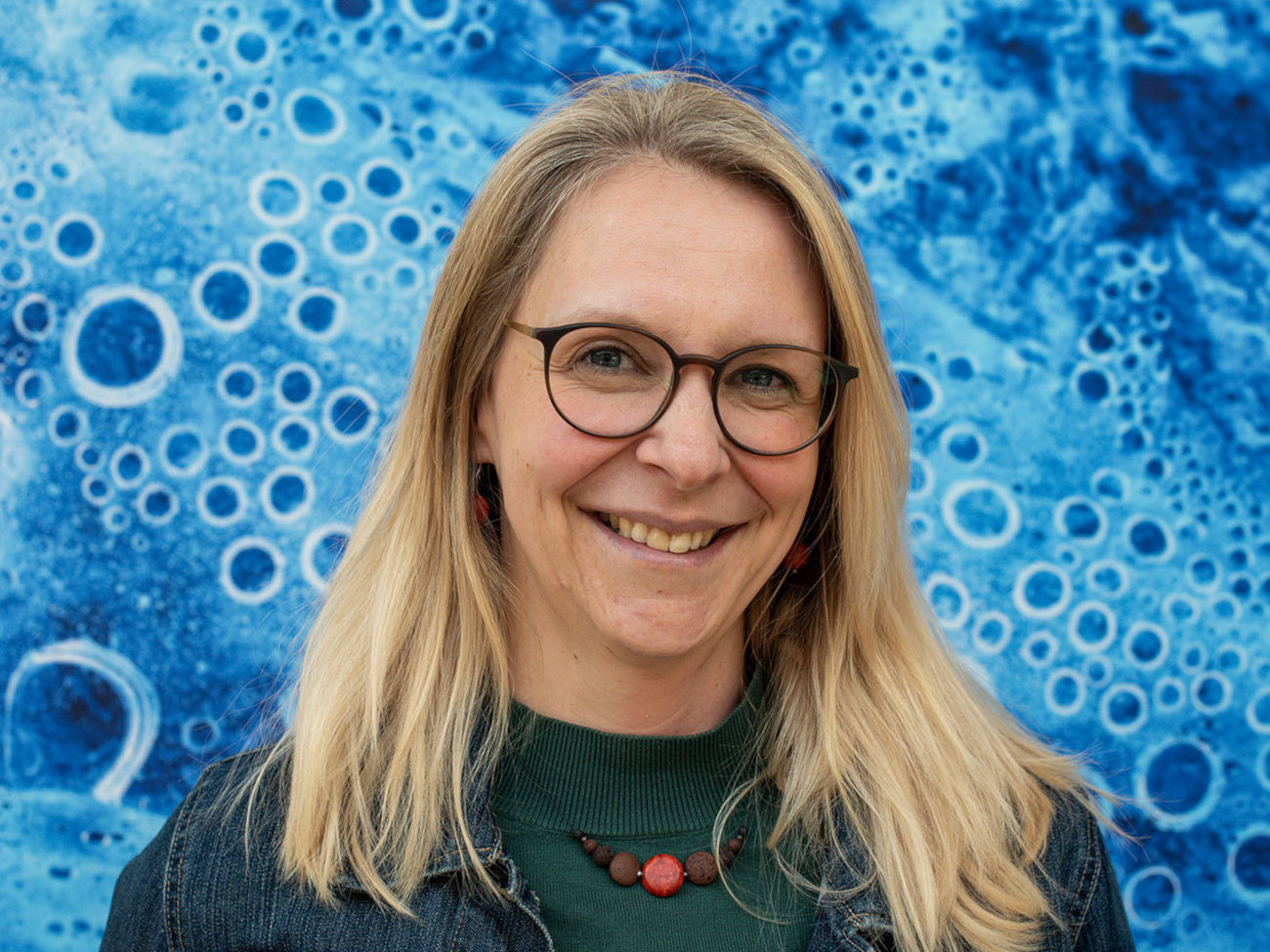
“Can you describe your research in a few sentences? What part is most exciting right now? Microorganisms are survival artists and have managed to adapt to the most adverse environmental conditions over millions of years. My research focuses on deciphering these adaptation mechanisms.
In deep-sea research and especially in my specialty field of lipid and metabolite research, one feels like a true explorer. We know that each sample is unique and provides insights into a foreign world that is waiting to be discovered!
With my research, I hope to contribute to a better understanding of the complex relationships between ecosystems and the environment. If we understand how important microorganisms in the deep sea are for global material cycles, and ultimately, the climate, we will also strive to protect and preserve these habitats.”
Prof. Dr. Helmut Hillebrand, marine ecologist at ICBM/ HIFMB, University of Oldenburg
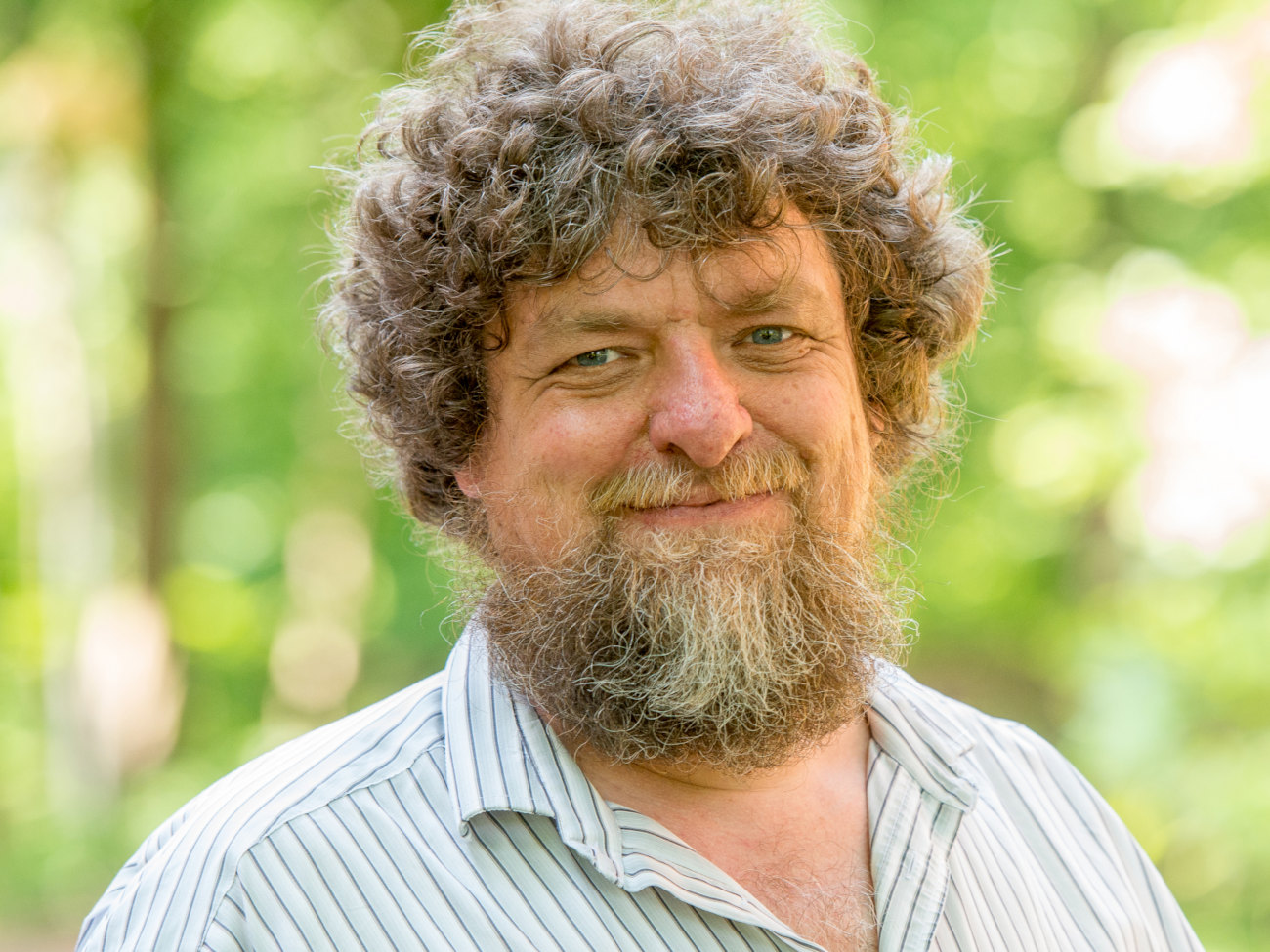
“Our oceans will be warmer and more acidic in the future, and extreme events such as heat waves will become more frequent. Whether an ecosystem remains healthy and functional depends on the ability of living organisms and their communities to withstand environmental changes. We therefore need to understand what makes marine ecosystems resilient, and must be able to assess the best measures to protect the oceans.
We are investigating why some ecosystems are more sensitive to environmental change than others are, for example through experiments or by statistically summarizing results from other studies to find overarching patterns. Together with researchers from the University of Bremen, we are also analyzing data from Earth’s history to see what we can learn from past environmental changes. It turns out that communities tend to be more stable when they consist of a variety of species that respond differently to environmental changes.
Originally, I wanted to study what leads to the incredible biodiversity we have in many ecosystems. However, in the face of rapid global change, it has become increasingly important to explore the consequences of losing this diversity.”
Dr. Luz Maria Mejia Ramirez, biogeoscientist at MARUM – Center for Marine Environmental Sciences, University of Bremen
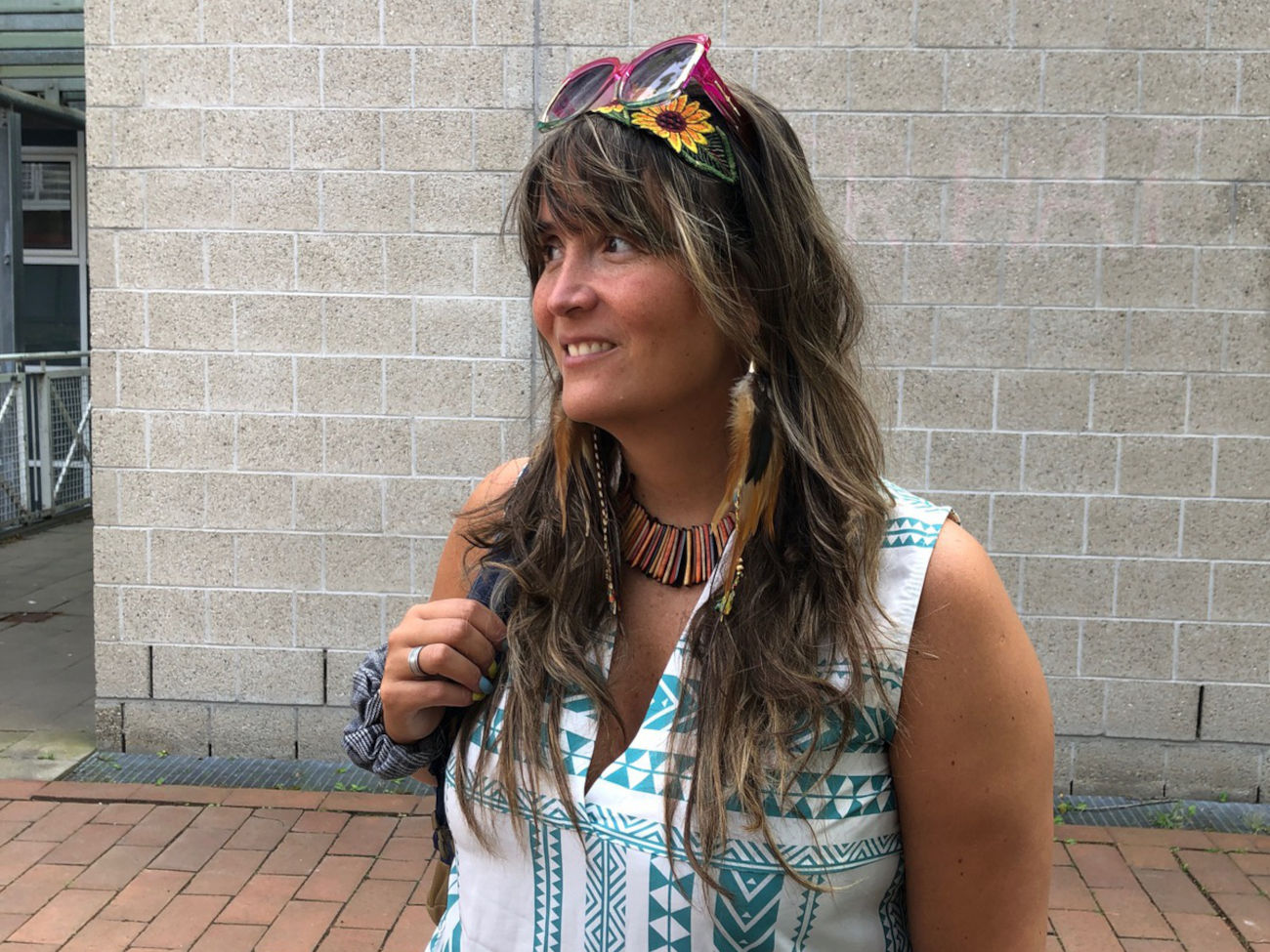
“My research aims to understand the warmer climates in the past to examine how that past might repeat itself in the future in response to human production of greenhouse gases.
Sharing our knowledge with young people is especially inspiring, since this and the next generation will be the ones to tackle the problems associated with climate change. Being able to see passion and interest awaken in their eyes during a lecture or public talk fills my heart with hope and excitement.
I love the huge biodiversity that evolution has created over millions of years, and my goal is to contribute to its preservation. I have redirected my career from marine biology to biogeosciences aiming for a wider impact by tackling our biggest enemy head on: climate change.”
Prof. Dr. Sinikka Lennartz, ocean modeler at ICBM, University of Oldenburg
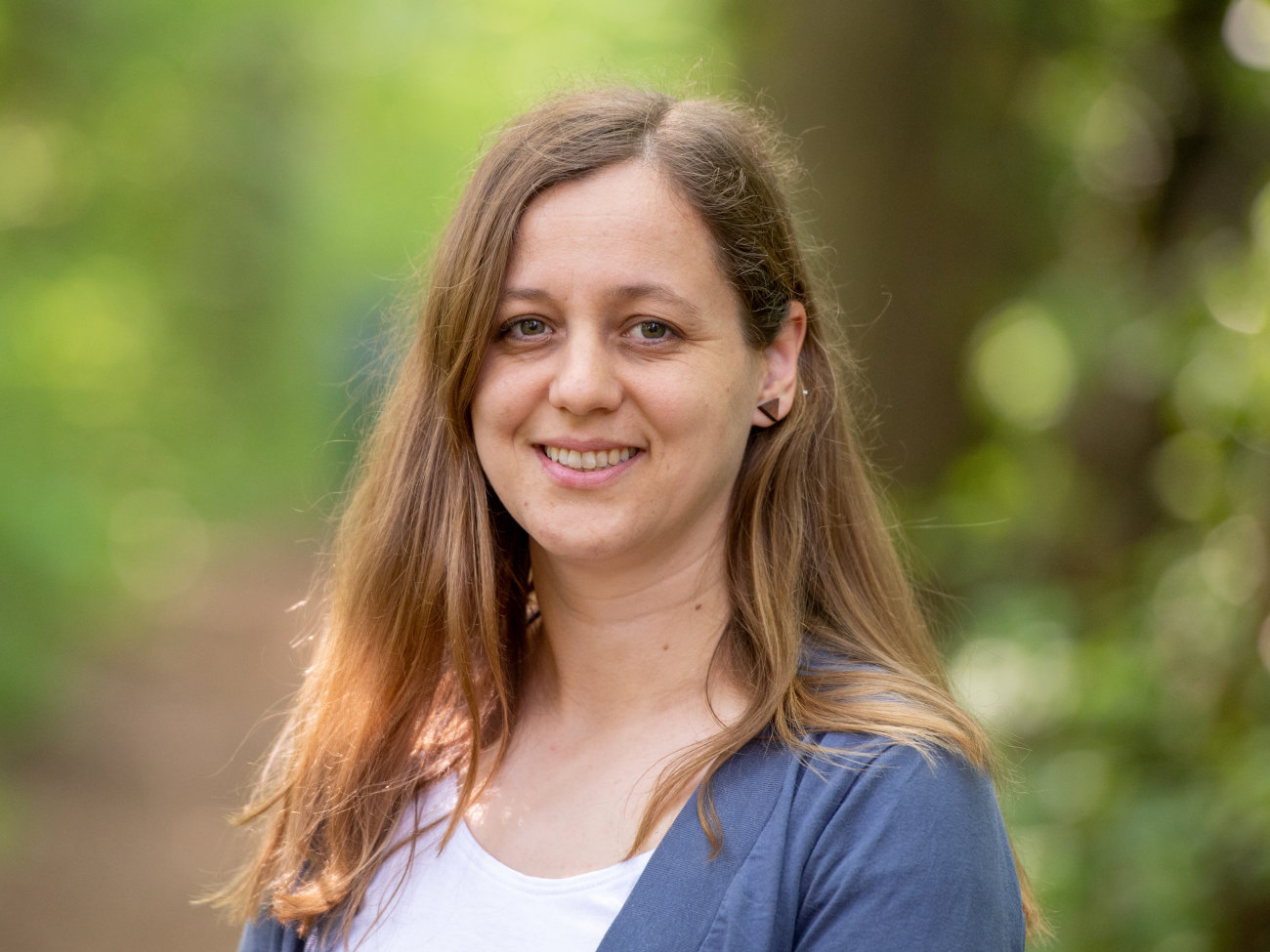
“Climate change is one of the most important challenges that society faces. Robust estimates of possible future scenarios are important not only as a basis for political decision-making. In order to better assess future developments, we want to understand how biological processes in the ocean affect the climate system.
We use mathematical models to study how the ocean removes CO2 from the atmosphere over time and naturally stores it. However, these models have not sufficiently accounted for microbial processes. Microalgae fix about as much carbon every year as all land plants combined, and bacteria in the ocean convert much of it back into CO2. By better representing these processes in models, we are helping to make modeling scenarios more realistic.
I am fascinated by how tiny microorganisms can have such a huge global impact, for example by storing carbon in the ocean. I also like the challenge of keeping track of a complex system without losing sight of the details.”
Prof. Dr. Kai-Uwe Hinrichs, organic geochemist at MARUM – Center for Marine Environmental Sciences, University of Bremen
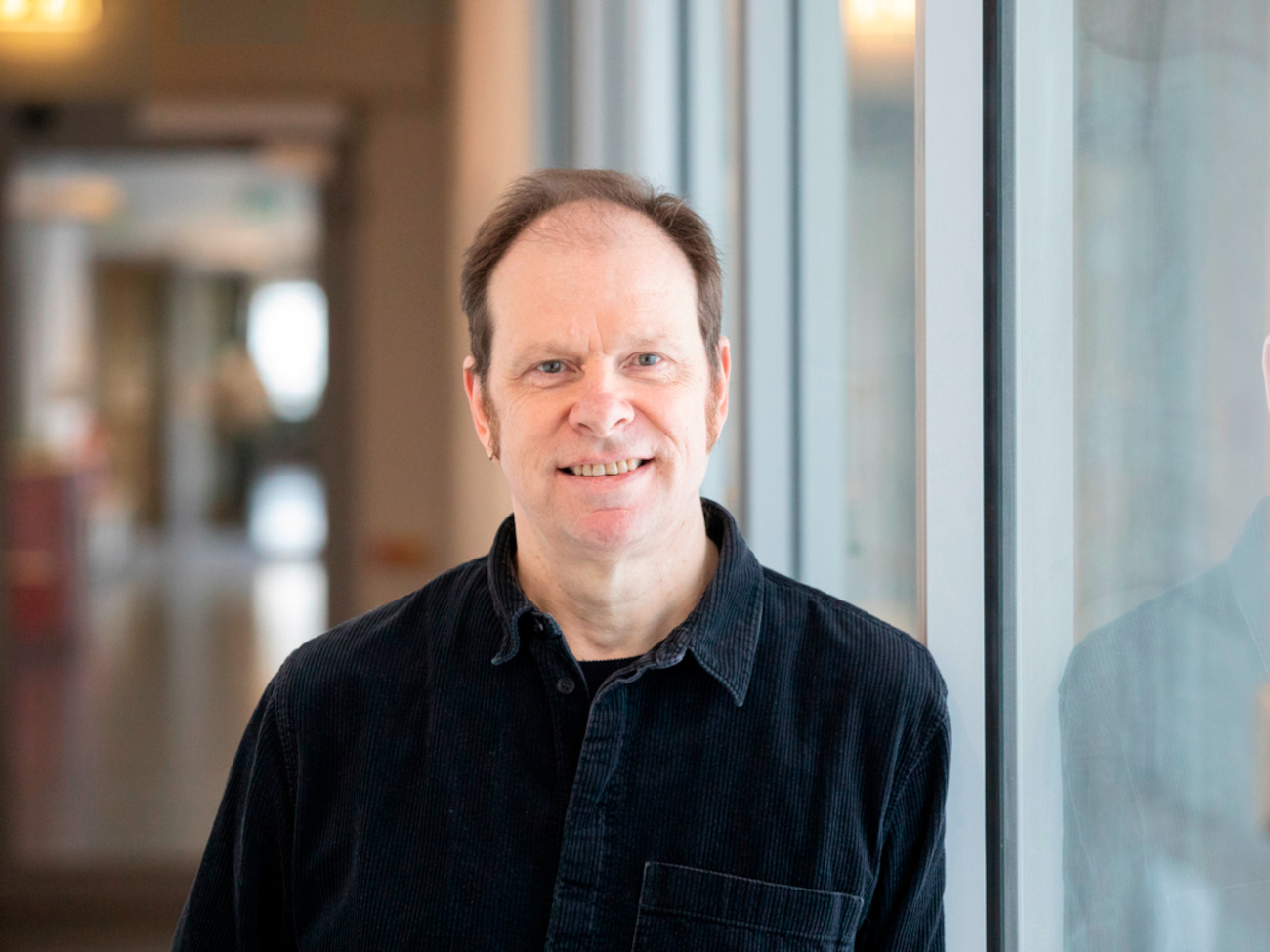
“As an organic geochemist, I am keenly interested in how carbon in its various forms moves through marine biota, the ocean, and the ocean floor – today and in the past – and how these processes interact with climate.
I have always been fascinated by the vision of obtaining a deep understanding of how nature works.
My group’s research contributes to a mechanistic understanding of the role of microorganisms in the carbon cycle. This knowledge is crucial for predicting biological feedback in response to future environmental changes.”
Prof. Dr. A Murat Eren (Meren), microbiologist and computer scientist at HIFMB, University of Oldenburg
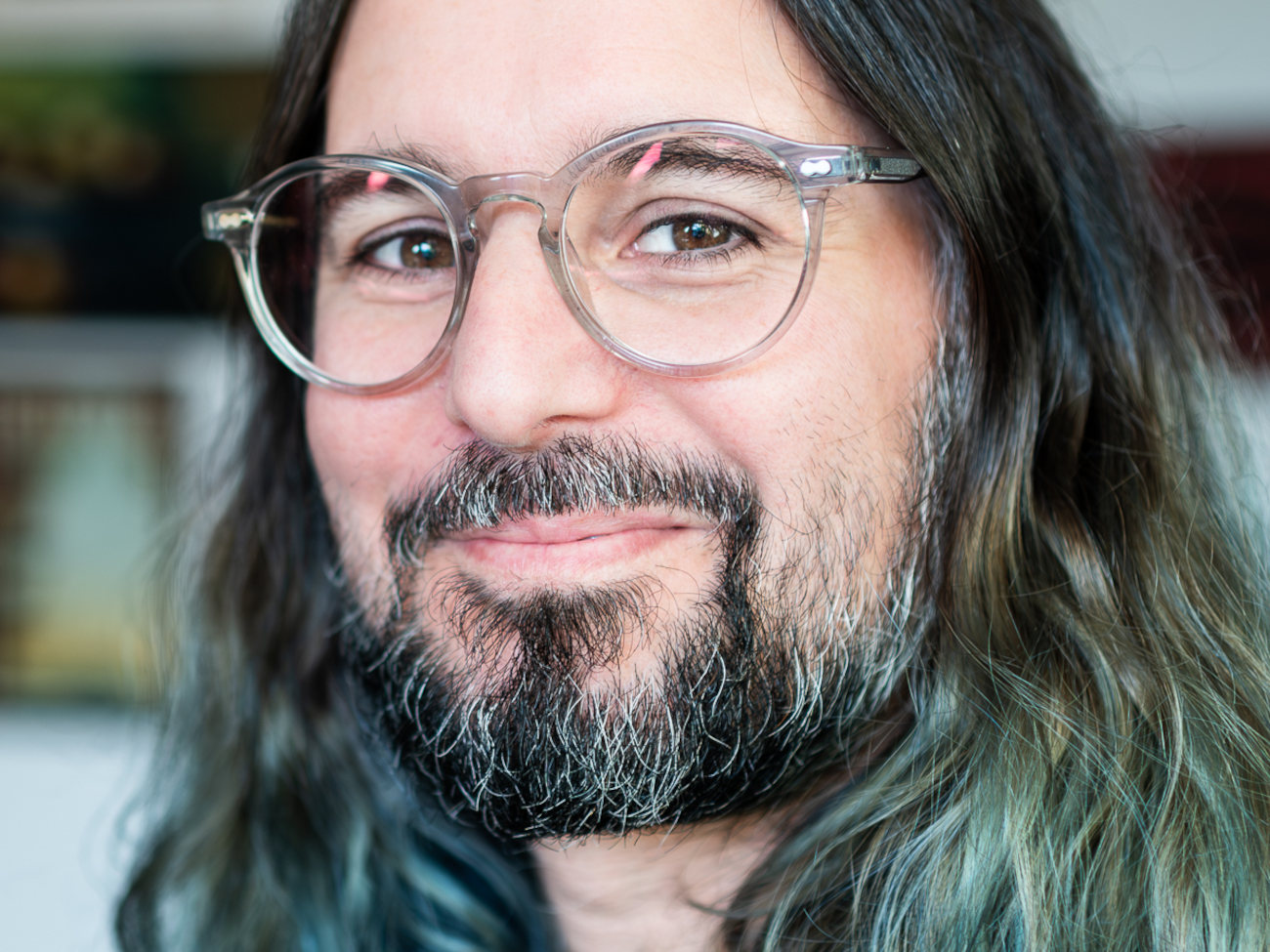
“Microbes flourish in every earth ecosystem. We can learn much from the determinants of their perseverance and resilience. Microbial biotechnology is already contributing to sustainable agriculture practices, generation of biofuels, improving medicine, and more. Potential solutions to global environmental challenges will certainly come from microbes, and this will only be possible if we learn more about their evolution and lifestyles.
By taking advantage of computation and immense data streams, my research group sheds light on microbial ecology and evolution in marine systems and beyond. For example, we are developing methods that help us understand the mechanisms by which microbes cope with and adapt to their ever-changing habitats.
Molecular biology, computation, and technology have rapidly expanded our knowledge about the undiscovered majority of our world. And we are only at the beginning of our journey. Given the tremendous amount of data emerging from microbial systems, I consider myself as someone who is at the right place to contribute to our emerging understanding of microbes as a computer scientist and a microbial ecologist.”